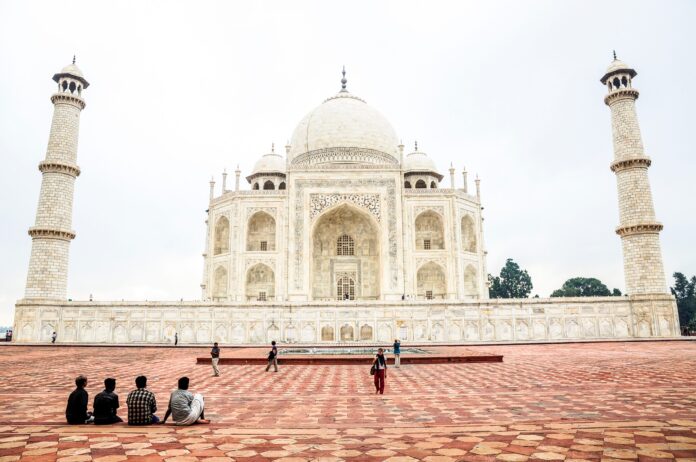India’s telecom minister, Ashwini Vaishnaw, said that BSNL is being revived in a “very systematic and methodical way”
Indian state-run telco Bharat Sanchar Nigam Limited (BSNL) has started its 4G deployment and will have completed a significant part of the rollout by November 2024, local press reported, citing the country’s telecom minister, Ashwini Vaishnaw.
Vaishnaw also said that BSNL is being revived in a “very systematic and methodical way”, and added that the technology stack that BSNL is using for 4G will be upgradable to 5G as well.
The Indian government has already reserved 4G and 5G spectrum for BSNL as part of the relief package for the company. Once the infrastructure is ready, BSNL can proceed with the deployment of 4G and then later upgrade it to 5G via NSA architecture, according to the report.
BSNL is targeting a 20% market share of the country’s overall mobile market by the end of 2024 by accelerating the rollout of its 4G network, according to recent press reports. The reports noted that the state-run carrier will commercially launch its 4G network this year
According to the latest data from the Telecom Regulatory Authority of India (TRAI), BSNL had a market share of 8.08% at the end of October 2023. In comparison, rival operators Reliance Jio and Bharti Airtel had a market share of 39.3% and 32.85%, respectively. Vodafone Idea’s market share reached 19.6% as of the end of October 2023.
The report highlighted that BSNL expects to expand its 4G services nationwide through the deployment of 100,000 base transceiver stations (BTSs). The telco has already deployed nearly 2,000 BTS in Punjab and Haryana, while new equipment are getting installed in Uttar Pradesh (East), Uttar Pradesh (West), Uttarakhand, and Himachal Pradesh.
IT company TCS and government-owned ITI have secured orders from BSNL for the deployment of the latter’s 4G network infrastructure. The Indian authorities had said that only Indian telecoms vendors will be allowed to supply equipment for state-run telcos BSNL and MTNL’s 4G and 5G projects, as part of the country’s efforts to reduce dependence on international providers.

